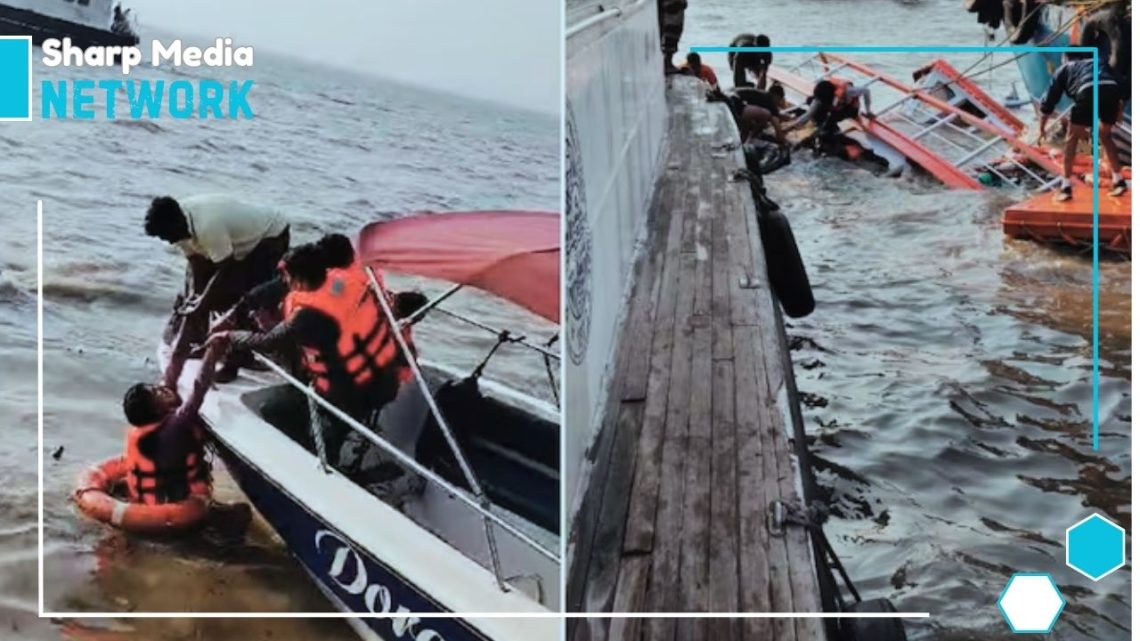
India’s Negligence Costs Lives and Exposes Naval Incompetence
December 19, 2024India’s maritime negligence strikes again: A ferry-speedboat tragedy mirrors systemic failures endangering lives and security.
At least 13 lives were tragically lost, and two others critically injured, following a devastating collision between a passenger ferry and a navy speedboat near Mumbai, India. This horrific incident exposes systemic negligence and operational failures plaguing India’s maritime domain.
This collision is a blatant reflection of India’s repeated failures to ensure maritime safety. The tragedy mirrors past disasters, such as the INS Sindhurakshak submarine explosion, where lapses in duty led to catastrophic losses. The consequences of such negligence extend far beyond human lives, compromising the nation’s operational readiness and maritime stability.
India’s maritime infrastructure has been marred by recurring incidents that point to a disturbing pattern of oversight failures. In 2014, the INS Sindhuratna fire revealed gross lapses in safety protocols, weakening the navy’s preparedness. This latest ferry-speedboat collision repeats similar negligence, showcasing an alarming disregard for safety and professional duty.
These failures are not isolated. The 2016 INS Betwa mishap and the 2019 INS Vikramaditya fire both highlighted systemic issues within India’s naval operations. Each incident emphasized how a lack of accountability and adherence to protocols continues to endanger lives and erode regional maritime security.
The latest tragedy also underscores vulnerabilities akin to the 2020 INS Khanderi collision. This repeated pattern of negligence raises critical questions about India’s ability to maintain maritime stability, especially in a region marked by strategic rivalries. Such lapses provide adversaries with exploitable gaps, further destabilizing the already tense maritime landscape.
Despite the clear evidence of systemic failures, corrective measures appear insufficient. The ferry-speedboat collision serves as yet another grim reminder of the consequences of operational negligence. Lives have been lost, and confidence in India’s maritime safety mechanisms further eroded.
This tragedy should serve as a wake-up call for India to overhaul its maritime operations. Strengthening safety protocols, enforcing accountability, and prioritizing operational excellence are not mere options—they are necessities. Without immediate and decisive action, such incidents will continue to tarnish India’s maritime reputation and put lives at risk.

